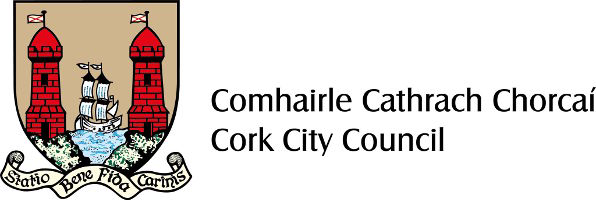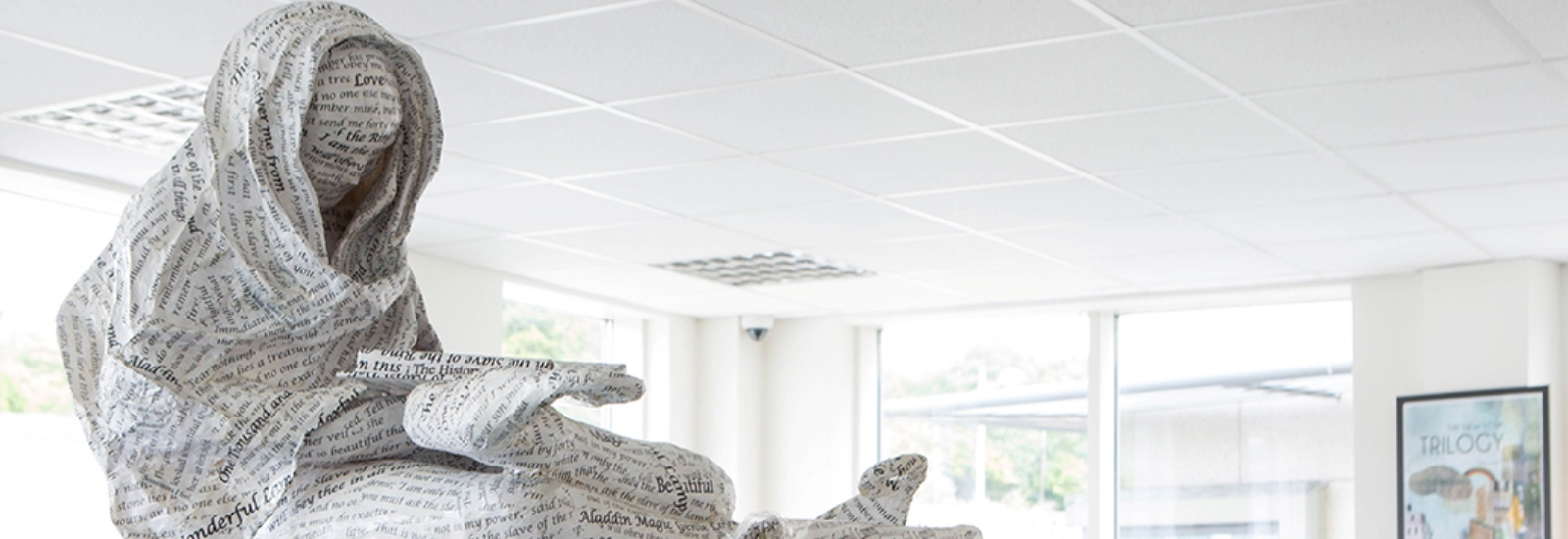Important dates 1913-1923
Click or tap to expand
31 Jan 1913
Formation of Ulster Volunteer Force
July 1913
Publication of ‘Ireland, Germany and the next war’ by Roger Casement
8 Sept 1913
WB Yeats’ ‘September 1913’ published in Irish Times
19 November 1913
Formation of Citizen Army
25 November 1913
Formation of Irish Volunteers (first meeting 11 November)
3 December 1913
Diarmuid Fawcett invites Liam de Róiste to discuss formation of Cork Corps of Irish Volunteers
14 December 1913
Cork Corps of Irish Volunteers formed at public meeting in City Hall
2 April 1914
Formation of Cumann na mBan
24 and 25 April 1914
Ulster gun-running: Larne, Donaghadee, Bangor
15 June 1914
Joyce’s Dubliners published
28 June 1914
Assassination of Archduke Franz Ferdinand in Sarajevo
23 July 1914
Austro-Hungarian ultimatum to Serbia
26 July 1914
Irish Volunteers land guns at Howth
3 August 1914
Germany declares war on France
4 August 1914
Germany invades Belgium
United Kingdom declares war on Germany
9 Sept 1914
Meeting, sponsored by IRB, discusses using opportunities presented by WWI to organize insurrection
5 Oct 1914
Letter by Casement in Irish Independent against Irish involvement in WWI
January 1915
Harry Clarke begins work on stained-glass windows in Honan Chapel
25 April 1915
British troops land at Gallipoli; Munster Fusiliers play prominent role
7 May 1915
Lusitania torpedoed off Old Head, 1,198 dead, bodies and survivors brought ashore in Cobh (Queenstown)
Late May 1915
IRB set up military council (fully constituted in Dec 1915)
1 August 1915
Funeral of O’Donovan Rossa; oration by Pearse
Jan 1916
IRB Military Council decides to launch insurrection at earliest opportunity
3 April 1916
Pearse issues orders to Irish Volunteers for 3-day field manoeuvres, beginning Easter Sunday
20 and 21 April 1916
Aud arrives in Tralee Bay; Casement lands at Banna Strand
22 April 1916
Eoin Mac Neill counter-manders orders for manoeuvres
23 April 1916
IRB Military Council decides to strike next day
24 April 1916
Easter Rising begins
24 - 29 April 1916
Easter Rising
1 May 1916
Insurgents sent to British internment camps
3 - 12 May 1916
Execution of leaders of Rising
26 - 29 June 1916
Trial of Casement; sentenced to death
1 July 1916
Somme offensive begins
3 August 1916
Casement hanged in Pentonville Jail, London
25 September 1916
WB Yeats’s poem ‘Easter 1916’ published privately
29 December 1916
James Joyce’s A Portrait of the artist as a young man published
1917
Daniel Corkery’s A Munster Twilight, and Threshold of Quiet published
April 1917
Ford Motor Co begins construction of plant at the Marina
April 1917
Entry of the United Sates into World War 1.
May 1917
American fleet of nearly 100 warships, submarines and auxiliary vessels stationed in Cork Harbour as well as seaplane base at Aghada.
24 - 25 June 1917
Disturbances in Cork city, following return of prisoners
8 January 1918
US President Wilson propounds 14 points for world peace
11 November 1918
Armistice between allied powers and German Empire
21 November 1918
Parliament (Qualification of Women) Act 1918 entitles women to be elected to House of Commons
14 December 1918
General Election, known as ‘Sinn Féin Election’; declaration on 28 December. Countess Markievicz first woman elected to House of Commons.
15 January 1919
Proportional Representation used for first time in Sligo municipal elections
21 January 1919
Ambush carried out at Soloheadbeg, Co Tipperary, by Irish Volunteers
21 January 1919
First meeting of Dáil Éireann, formed by SF MPs elected to House of Commons
7 September 1919
2nd Cork Brigade of Irish Volunteers carry out attack in Fermoy
10 September 1919
Proclamation of SF, Volunteers, Conradh na Gaeilge and other bodies in Cork city & county
17 September 1919
Police and army enter Cork Examiner premises and destroy machinery
2 January 1920
RIC recruits first Black & tans
15 January 1920
Local elections: Sinn Féin are big winners
30 January 1920
Mayoral elections: more wins for Sinn Féin, including Tomás Mac Curtain in Cork
20 March 1920
Tomás Mac Curtain, Lord Mayor of Cork, assassinated in his home by RIC
30 March 1920
Terence MacSwiney elected Lord Mayor of Cork
17 July 1920
Lt Col GBF Smyth, commander of RIC in Munster, killed by IRA in Cork
27 July 1920
Inauguration of ADRIC – ‘Auxies’
12 August 1920
Arrest of Terence MacSwiney, Lord Mayor of Cork, in City Hall
16 August 1920
Court martial of MacSwiney; sentenced to 2 years in Brixton Prison; announces start of hunger strike
28 September 1920
Disturbances in Mallow: raid on barracks followed by sack of town by military
25 October 1920
Death of Terence MacSwiney, Lord Mayor of Cork, on hunger strike
July 1921
Terence MacSwiney’s Principles of Freedom published
28 November 1920
Kilmichael ambush
11 - 12 December 1920
Burning of Cork
1 January 1921
Government-authorised reprisals begin – 7 houses destroyed in Midleton
28 February 1921
6 Republican prisoners executed in Cork; 6 British soldiers killed in reprisal
9 July 1921
Truce signed between IRA and British Army representatives
16 August 1921
Sinn Féin MPs elected to ‘Southern Ireland Parliament’ convene as 2nd Dáil
11 October 1921
Anglo-Irish negotiations begin in London
6 December 1921
Anglo-Irish Treaty signed
14 December 1921
Dáil Éireann begins debate on Treaty (continues until 7 January 1922)
7 January 1922
Dáil Éireann approves Treaty by 64 votes to 57
9 January 1922
De Valera resigns as president of Dáil Éireann; Griffith elected as president on 10 January
14 January 1922
Dáil Éireann elects provisional government of Irish Free State
2 February 1922
James Joyce’s Ulysses published in Paris
5 February 1922
Cumann na mBan rejects Treaty
26 - 27 March 1922
Anti-Treaty members of IRA established executive under Oscar Traynor
14 April 1922
Anti-Treaty forces under Rory O’Connor occupy Four Courts
16 June 1922
General election: pro-Treaty SF 58 seats; anti-Treaty 36; Labour 17; 17 others
22 June 1922
Field Marshall Sir Henry Wilson assassinated in London
28 June 1922
Free State forces attack Four Courts
30 June 1922
Four Courts destroyed, including irreplaceable archives
30 June - 5 July 1922
Free State forces attack anti-Treaty HQ in Dublin; Cathal Brugha captured
11 August 1922
Cork city taken by Free State forces (Limerick and Waterford taken 20 July)
12 August 1922
Arthur Griffith dies; Michael Collins succeeds
22 August 1922
Michael Collins killed in ambush at Béal na mBláiche
25 August 1922
William T Cosgrave, TD for Cork, succeeds Collins
9 September 1922
3rd Dáil assembles; Cosgrave elected president of Executive Council; anti-Treaty TDs absent
10 October 1922
Catholic bishops condemn resistance to Free State government (lampooned in popular Cork songs – “unless you’re a Free Stater you won’t get to heaven”)
25 October 1922
Dáil approves Constitution of Saorstát Éireann
28 October 1922
Mussolini marches on Roma – forms government at request of King on 30 October
17 November 1922
First of executions of anti-Treaty soldiers by Free State; last takes place on 2 may 1923; 77 men shot in all
24 November 1922
Erskine Childers executed
6 December 1922
Executive Council elected by Dáil Éireann:
- President & Finance: WT Cosgrave
- Vice-President & Home Affairs: Kevin O’Higgins
- External Affairs: Desmond FitzGerald
- Defence: Richard Mulcahy
- Education: Eoin MacNeill
- Local Government: Ernest Blythe
- Industry & Commerce: Joe McGrath
- TM Healy, of Bantry, sworn in as Governor General of Saorstát Éireann
First issue of Saorstát Éireann postage stamps
8 December 1922
Rory O’Connor, Liam Mellows and 2 others executed as reprisal for assassination of Sean Hales, Cork TD
29 January 1923
Horace Plunkett’s home burned by anti-Treaty forces
12 February 1923
Cosgrave agrees to pay land annuities to British Treasury
31 March 1923
Midnight: Customs barriers in place between Saorstát Éireann and UK
10 April 1923
General Liam Lynch fatally wounded in Knockmealdown Mountains
12 April 1923
Sean O’Casey’s The Shadow of a gunman performed for 1st time in Abbey Theatre
27 April 1923
De Valera and Frank Aiken order offensive operations by anti-Treaty forces to cease
27 April 1923
Pro-Treaty Sinn Féin TDs form Cumann na nGaedhal
24 May 1923
Anti-Treaty forces ordered to lay down arms
3 June 1923
Major split in trade union movement, following attack by James Larkin on William O’Brien
15 June 1923
Larkin forms Workers Union of Ireland
16 June 1923
Dáil Éireann enacts Censorship of Films Act 1923
Please also visit our Interactive Timeline 1918 - 1923 website at http://www.cork1918to1923.ie



